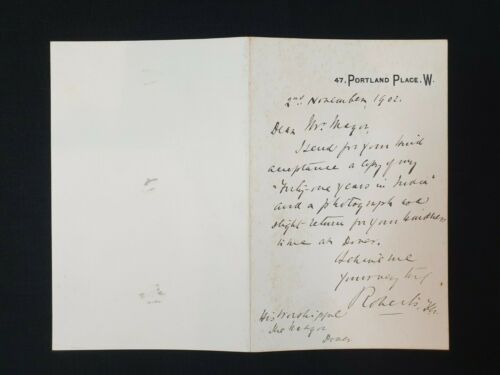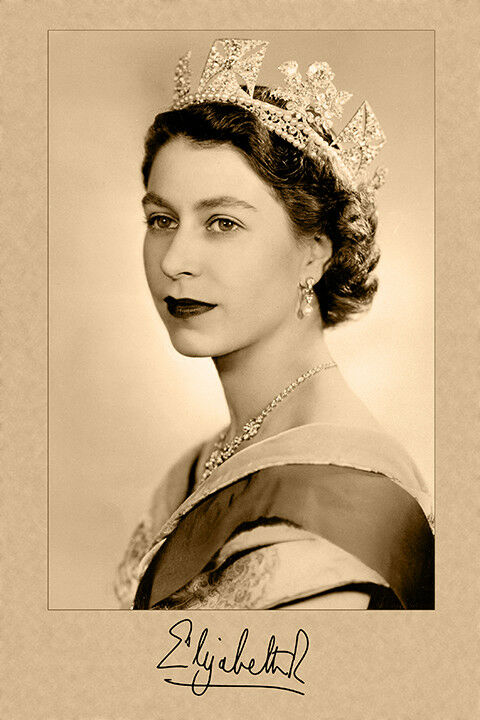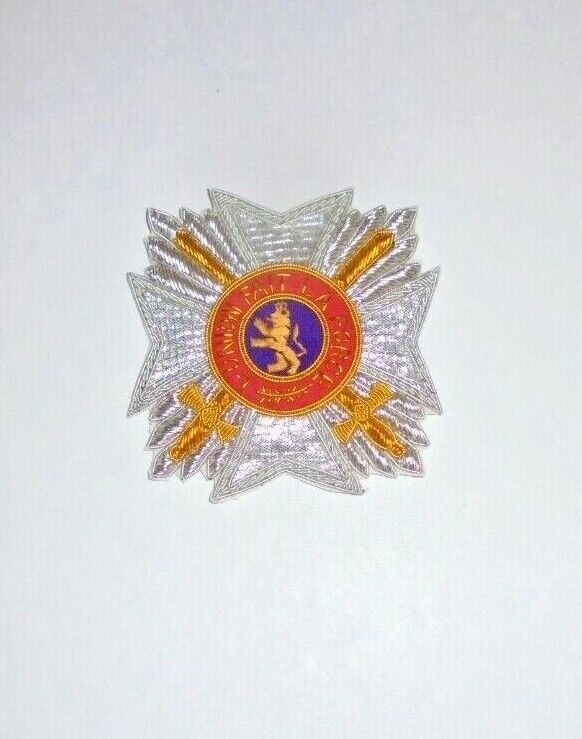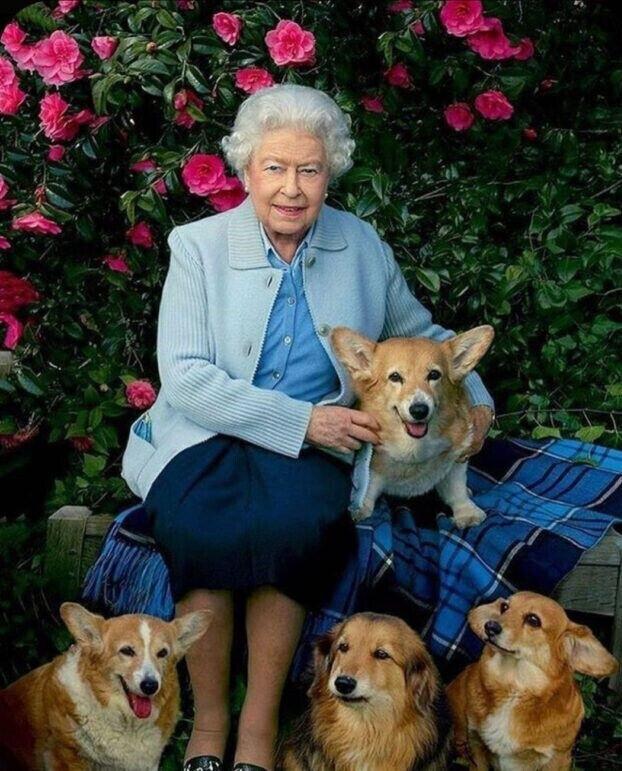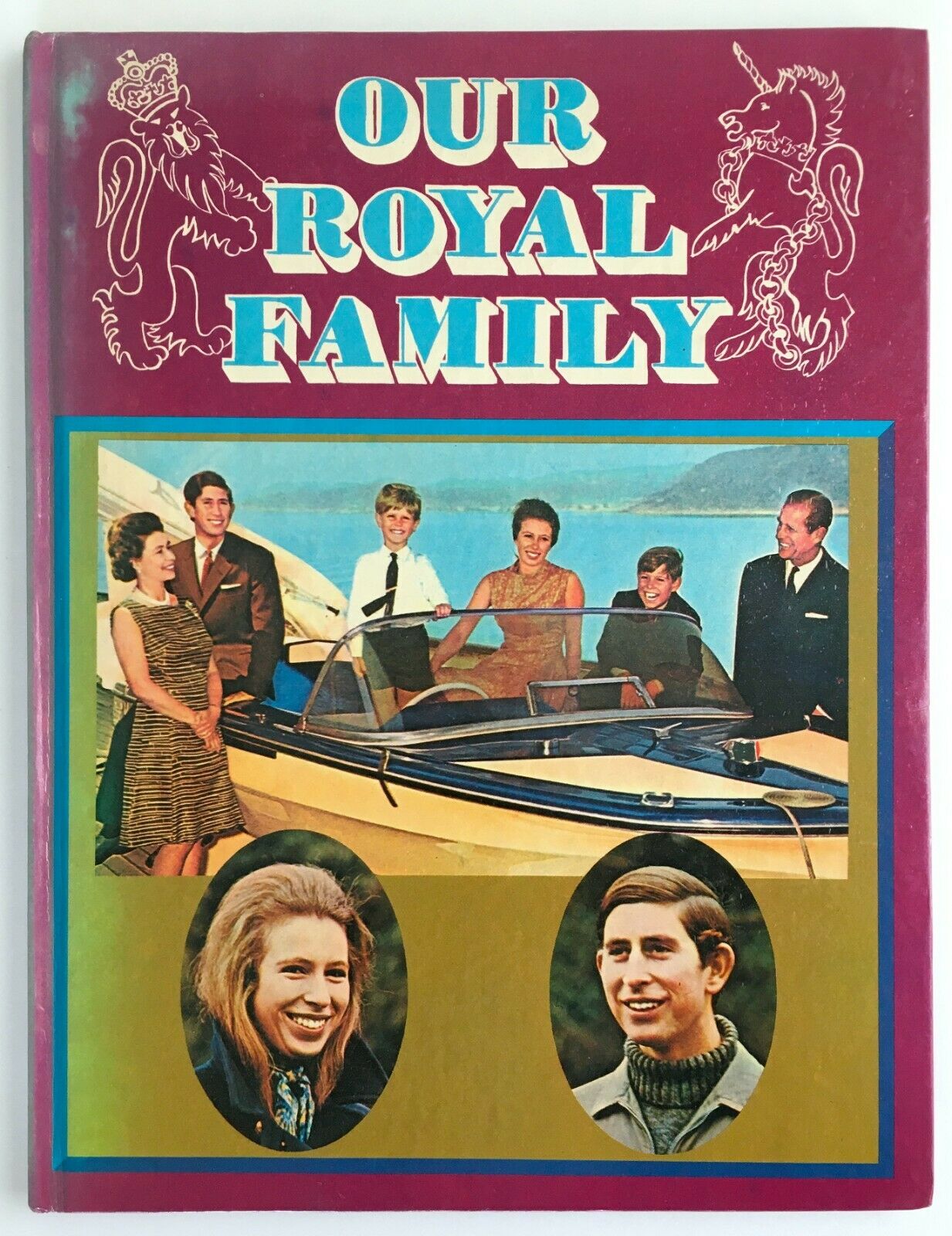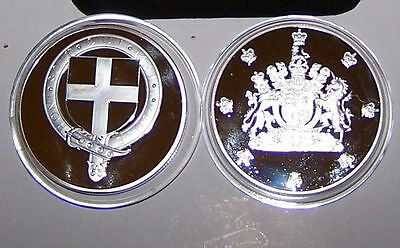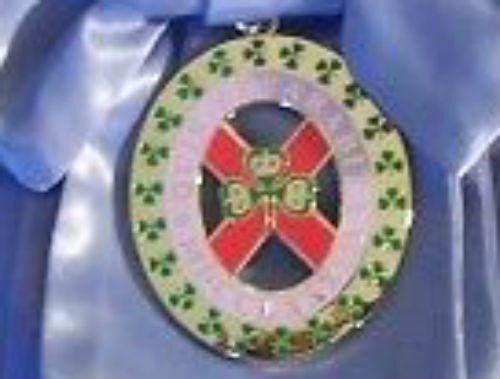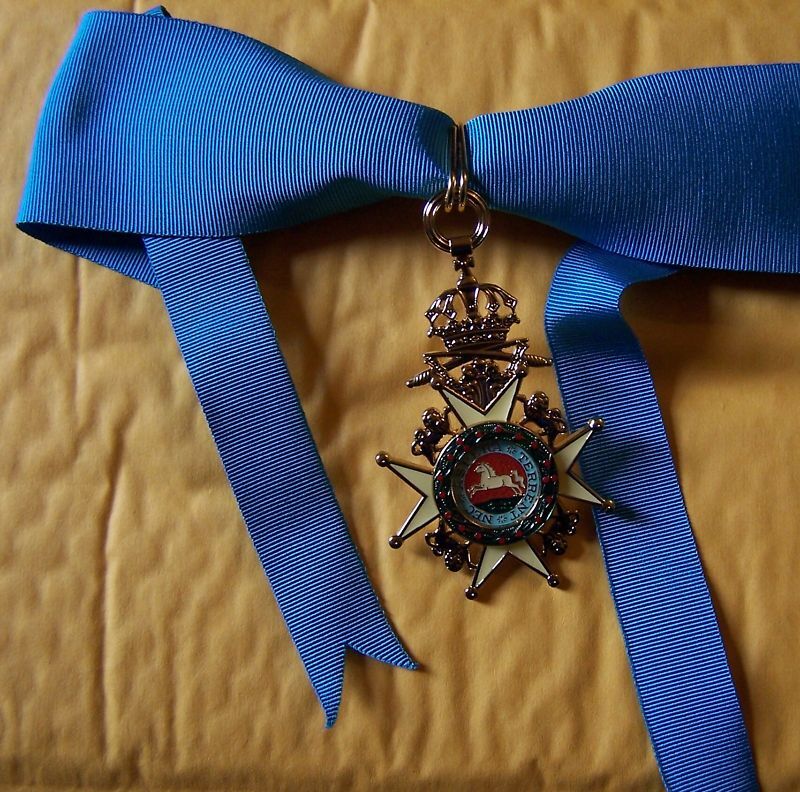-40%
RARE 1902 Field Marshal Earl Roberts Signed Letter Royal Document Victoria Cross
$ 171.57
- Description
- Size Guide
Description
For your consideration is a rare and important 1902 hand-signed Royal antique manuscript letter document, signed in black ink by Frederick Roberts, 1st Earl Roberts (1832-1914).To the Mayor of Dover, dated 2nd November 1902, written on his personal stationery embossed with his home address in London:
Manuscript letter reads:
"Dear Mr Mayor,
I send for your kind acceptance a copy of my "Forty-one Years in India" [no longer present] and a photograph as a slight return for your kindness to me in Dover.
Believe me
Yours truly
Roberts Frd
His Worshipful
The Mayor of Dover"
Field Marshal Frederick Sleigh Roberts, 1st Earl Roberts, VC, KG, KP, GCB, OM, GCSI, GCIE, KStJ, VD, PC, FRSGS (30 September 1832 – 14 November 1914) was a British Victorian era general who became one of the most successful British military commanders of his time. Born in India to an Anglo-Irish family, Roberts joined the East India Company Army and served as a young officer in the Indian Rebellion during which he won a Victoria Cross for gallantry. He was then transferred to the British Army and fought in the Expedition to Abyssinia and the Second Anglo-Afghan War, in which his exploits earned him widespread fame. Roberts would go on to serve as the Commander-in-Chief, India before leading British Forces to success in the Second Boer War. He also became the last Commander-in-Chief of the Forces before the post was abolished in 1904.
A man of small stature, Roberts was affectionately known to his troops and the wider British public as "Bobs" and revered as one of Britain's leading military figures at a time when the British Empire reached the height of its power. He became a symbol for the British Army and in later life became an influential proponent of the increasing threat that the German Empire posed to Britain in the lead up to the First World War.
Born at Cawnpore, India, on 30 September 1832, Roberts was the son of General Sir Abraham Roberts, a native of County Waterford in the south-east of Ireland. At the time Sir Abraham was commanding the 1st Bengal European Regiment. Roberts was named Sleigh in honour of the garrison commander, Major General William Sleigh.[3] His mother was Edinburgh-born Isabella Bunbury, daughter of Major Abraham Bunbury from Kilfeacle in County Tipperary.
Roberts was educated at Eton, Sandhurst, and Addiscombe Military Seminary[3] before entering the East India Company Army as a second lieutenant with the Bengal Artillery on 12 December 1851. He became Aide-de-Camp to his father in 1852, transferred to the Bengal Horse Artillery in 1854 and was promoted to lieutenant on 31 May 1857.
Roberts fought in the Indian Rebellion of 1857 seeing action during the siege and capture of Delhi where he was slightly wounded, and being present at the relief of Lucknow, where, as Deputy Assistant Quartermaster-General, he was attached to the staff of Sir Colin Campbell, Commander-in-Chief, India. He was awarded the Victoria Cross for actions on 2 January 1858 at Khudaganj. The citation reads:
On following the retreating enemy on 2 January 1858, at Khodagunge, he saw in the distance two Sepoys going away with a standard. Lieutenant Roberts put spurs to his horse, and overtook them just as they were about to enter a village. They immediately turned round, and presented their muskets at him, and one of the men pulled the trigger, but fortunately the caps snapped, and the standard-bearer was cut down by this gallant young officer, and the standard taken possession of by him. He also, on the same day, cut down another Sepoy who was standing at bay, with musket and bayonet, keeping off a Sowar. Lieutenant Roberts rode to the assistance of the horseman, and, rushing at the Sepoy, with one blow of his sword cut him across the face, killing him on the spot.
He was also mentioned in despatches for his service at Lucknow in March 1858. In common with other officers he transferred from the East India Company Army to the Indian Army that year.
Having been promoted to second captain on 12 November 1860 and to brevet major on 13 November 1860, he transferred to the British Army in 1861 and served in the Umbeyla and Abyssinian campaigns of 1863 and 1867–1868 respectively. Having been promoted to brevet lieutenant colonel on 15 August 1868 and to the substantive rank of captain on 18 November 1868, Roberts also fought in the Lushai campaign of 1871–1872.
He was promoted to the substantive rank of major on 5 July 1872, appointed Companion of the Order of the Bath (CB) on 10 September 1872 and promoted to brevet colonel on 30 January 1875. That year he became Quartermaster-General of the Bengal Army.
He was given command of the Kurram field force in March 1878 and took part in the Second Anglo-Afghan War, distinguishing himself enough at the Battle of Peiwar Kotal in November 1878 to receive the thanks of Parliament, be promoted to the substantive rank of major general on 31 December 1878[17] and be advanced to Knight Commander of the Order of the Bath (KCB) on 25 July 1879.
In September 1879 he was despatched, along with Maurice Abraham Cohen an expert in the Urdu language, to Kabul to seek retribution for the death of Sir Louis Cavagnari, the British envoy there.[12] He was also given the local rank of lieutenant-general on 11 November 1879.[19] He was commander of the Kabul Field Force and brought at least 20 field guns (usually horse-drawn mobile cannons) with his army during the conquest and occupation of Kabul during the second phase of the war. His move against Kabul was sparked by the assassination of Cavagnari, the British envoy in Kabul and the official who had signed the Treaty of Gandamak with Amir Mohammad Yaqub Khan in May of that year.
After completing his mission to occupy Kabul, he was appointed commander of the Kabul and Kandahar field force and led his 10,000 troops across 300 miles of rough terrain in Afghanistan to relieve Kandahar and defeat Ayub Khan at the Battle of Kandahar on 1 September 1880. For his services, Roberts again received the thanks of Parliament, and was advanced to Knight Grand Cross of the Order of the Bath (GCB) on 21 September 1880 and appointed Companion of the Order of the Indian Empire (CIE) during 1880.
After a very brief interval as Governor of Natal and Governor and Commander-in-Chief of the Transvaal Province and High Commissioner for South Eastern Africa with effect from 7 March 1881, Roberts (having become a baronet on 11 June 1881) was appointed Commander-in-Chief of the Madras Army on 16 November 1881. Promoted to the substantive rank of lieutenant general on 26 July 1883, he became Commander-in-Chief, India on 28 November 1885 and was advanced to Knight Commander of the Order of the Indian Empire (KCIE) on 15 February 1887 and to Knight Grand Commander of the Order of the Indian Empire (GCIE) on reorganisation of the Order on 21 June 1887. This was followed by his promotion to a supernumerary general on 28 November 1890[30] and to the substantive rank of general on 31 December 1891. On 23 February 1892 he was created Baron Roberts of Kandahar in Afghanistan and of the City of Waterford.
